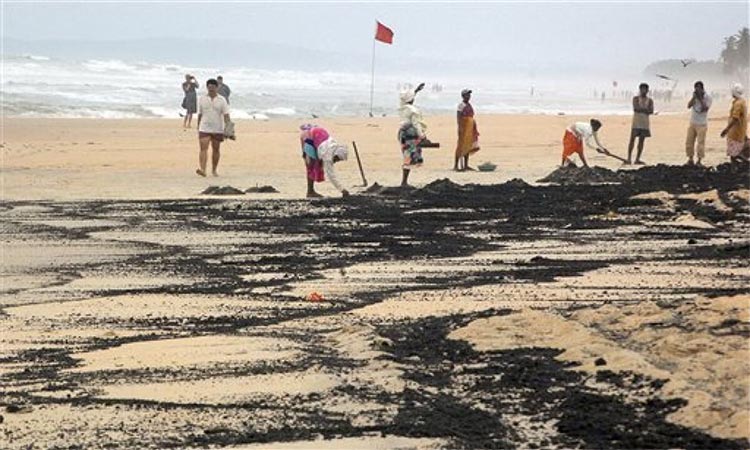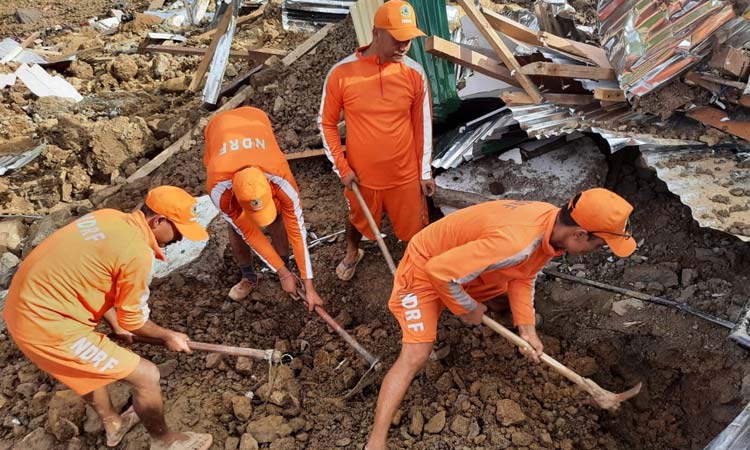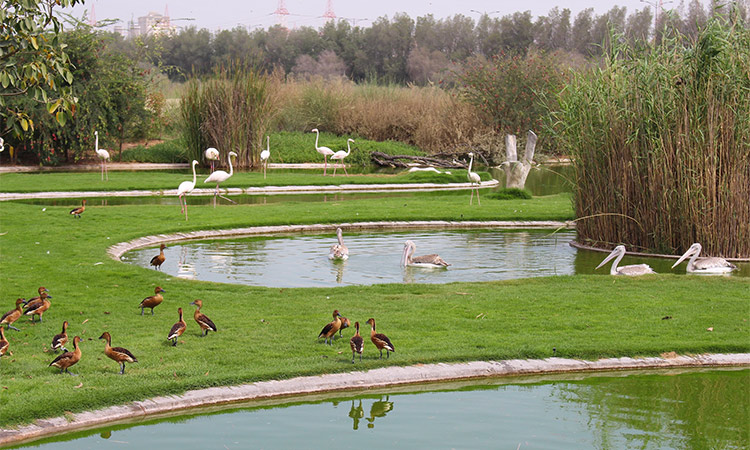Tar balls pose challenge along India’s west coast

Meena Janardhan
Writer/Editor/Consultant. She has over 25 years of experience in the fields of environmental journalism and publishing.

Tar balls accumulate in several sizes ranging from small globules to those as big as a basketball.
These are tar balls, a “seasonal phenomena” surfacing on the west coast of India every year between April and September and cause worry to conservationists and researchers. Tar balls affect marine life and flag concerns about oil spills from an offshore oil rig along the Maharashtra-Gujarat coast in the Arabian Sea. These weathered oil blobs are often remnants of oil spills but can also be produced from natural seeps, places where oil slowly escapes from the earth’s surface above some petroleum reservoirs.
A Down To Earth (DTE) report also drew attention to this menace, stating that tar balls hit the news headlines recently when they started appearing on well-known beaches of Mumbai and Goa. These aquatic pollutants, formed from weathering of crude oil floating on the ocean surface, have flooded Anjuna, Morjim, Colva and Mandrem beaches in Goa as well as Juhu, Versova, Dadar and Cuffe Parade shorelines in Mumbai. They accumulate in several sizes ranging from small globules to those as big as a basketball. The latter, which weigh 6-7 kilograms, are washing up more often these days.
“All the oil spilled in the Arabian sea eventually gets deposited on the western coast in the form of tar balls during monsoon, when the wind speed and circulation patterns favour their transportation,” according to a study by the National Institute of Oceanography (NIO), as stated in the DTE report. “Tar balls contain hydrocarbons, including polycyclic aromatic hydrocarbons, which pose significant environmental risks,” a study by the NIO in 2015 had said.
The DTE report adds that discharge from municipal waste, oil-well blowouts, deliberate and accidental release of bilge and ballast water from ships are among the main factors driving the formation of these pollutants. Tar balls can be hazardous to human life due to the presence of Vibrio vulnificus, a bacteria whose entry through wounds could be fatal, according to scientific studies. These petroleum blobs also affect marine biodiversity in several ways, such as disturbing turtle habitats. This in turn, augments the impact on humans who consume marine fish.
Across India, tar balls are surfacing on various coasts causing several issues. Recently officials and guests grappled with tar balls washed ashore Goa’s world class iconic Colva beach. The tar balls, which were washed on the Colva beach in small quantities, invaded a vast tract of the beach. Fishermen and tourism stakeholders were extremely worried about damaged nets, fish caught being rendered unsafe to eat and dead fish washing ashore. Environmentalists and residents at Kodi beach in Kundapur, Udupi district, noticed deposits of black and slimy tar balls along the shore. Several tar balls and jellyfish got washed ashore on Mumbai’s popular Juhu beach, following which lifeguards asked visitors not to venture into the waters.
The Mongabay-India report highlighted research conducted at India’s National Institute of Oceanography (NIO), where researchers documented the sources of the 2010/11 tar balls that appeared in Goa to be from oil tanker wash, while the probable source for the tar balls on Gujarat’s coasts in 2012 was the crude oil spill from the Bombay High (BH) offshore oil rig.
In an earlier 2019 paper, the researchers had confirmed that tar balls collected in May 2017 along Goa’s coast matched oil fingerprints from an offshore oil rig and oil spills along the west coast were attributed to illegal ship discharges into the eastern part of the Arabian Sea. The authors called for routine and periodic monitoring of oil spills along India’s west coast to protect the marine environment from oil pollution. Researchers add that NIO, in collaboration with Indian agencies will devise standard operating procedures to handle oil spills from every source.
Citing a report by the Ministry of Shipping, Mongabay-India points out that around 95% of India’s trading by volume and 70% by value is through maritime transport. Furthermore, addressing the challenges with tar balls is particularly relevant considering India is also a signatory to the MARPOL Convention – International Convention for the Prevention of Pollution from Ships – which covers the prevention of pollution of the marine environment by ships from operational or accidental causes. The MARPOL Convention was adopted on November 2, 1973, by the International Maritime Organisation (IMO).







